Having a daily routine when caring for a loved one with dementia can decrease stress for you both, prevent burnout and allow you to make time for yourself.
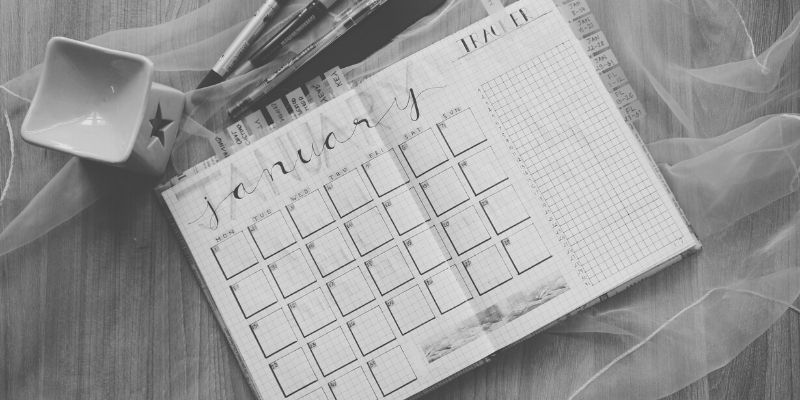

Having a daily routine when caring for a loved one with dementia can decrease stress for you both, prevent burnout and allow you to make time for yourself.
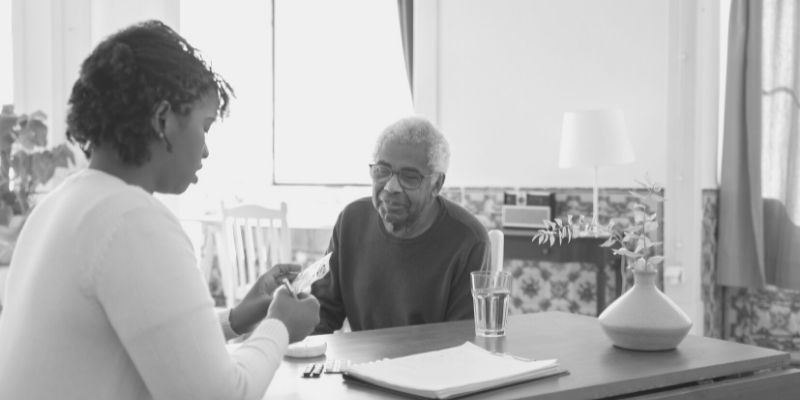
Are you suffering from caregiver stress? This stress checklist can help you to determine what might be signs of stress overload – and what you can do about it.
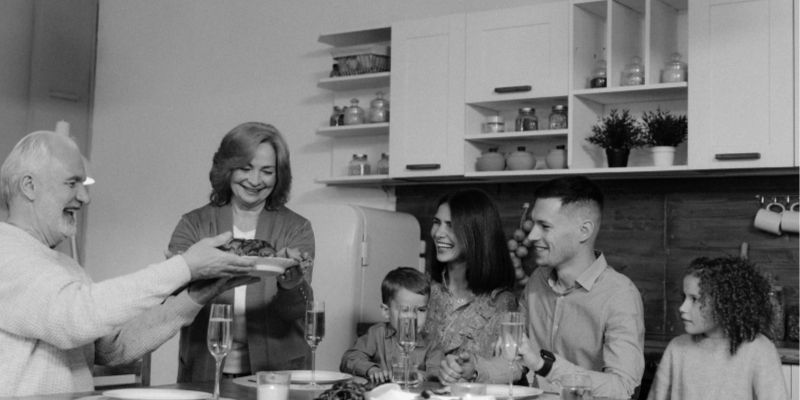
As our parents age, we often take on the role of caregiver, and the management of this can happen from afar. From a distance, we can take measures to help our parents remain safe, but the first step is to physically visit our parents to identify things that we can change.
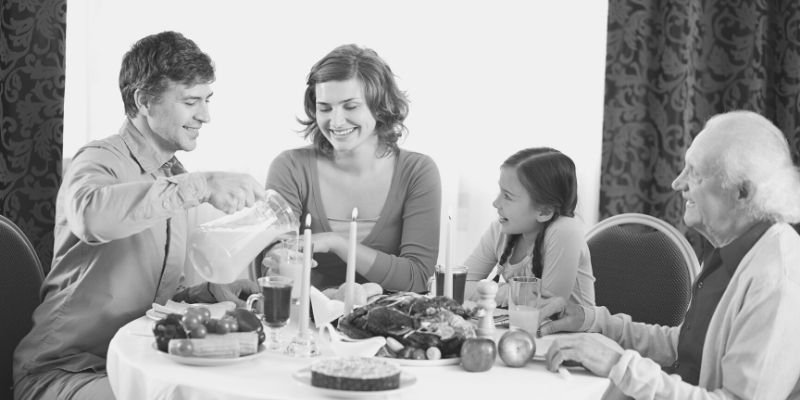
Are you visiting your aging parents for the holidays and are wondering what signs to look for if you are worried about dementia? Take this time to make sure they are ok and get help if needed.
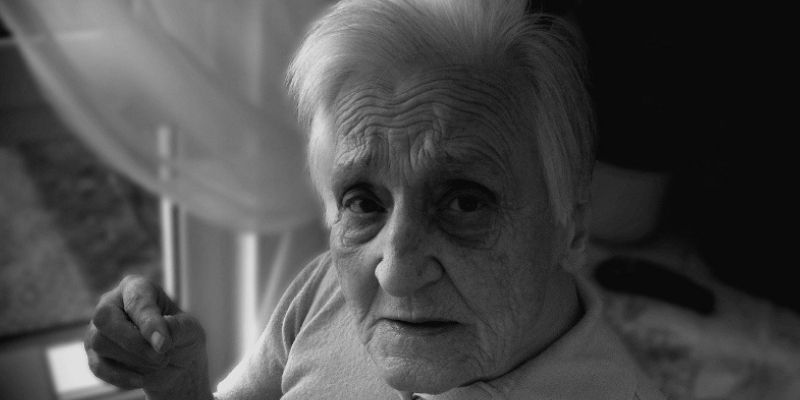
Grieving is a process that takes time, and healing involves accepting the loss. Losing a person that we care about is never easy, but we live our lives knowing that the people that we love, including ourselves, will eventually die. We expect others to respect us and tell us when someone has died.

When we notice changes in our loved one’s behavior and increased forgetfulness it can feel alarming and overwhelming, even if we feel we have prepared ourselves for this moment. What do I do now? Who can I turn to in my area?

Lately you’ve noticed that you’ve been misplacing items or have been a little more forgetful than usual. Are you just getting older? Or is it dementia?

While dementia can’t exactly be inherited as a whole, there are risk factors for dementia–like high cholesterol and diabetes–that run in families.